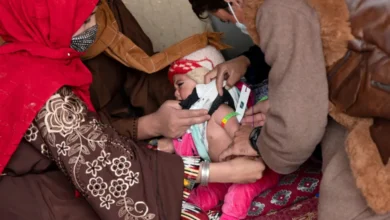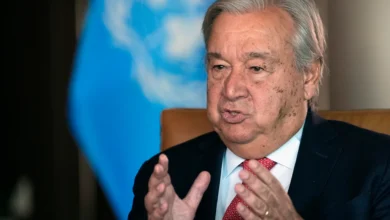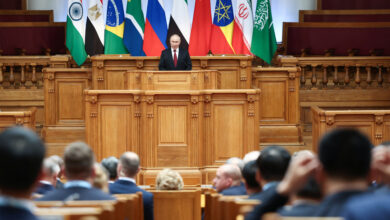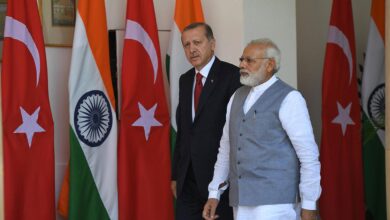Polls Open in Iran Presidential Race Runoff
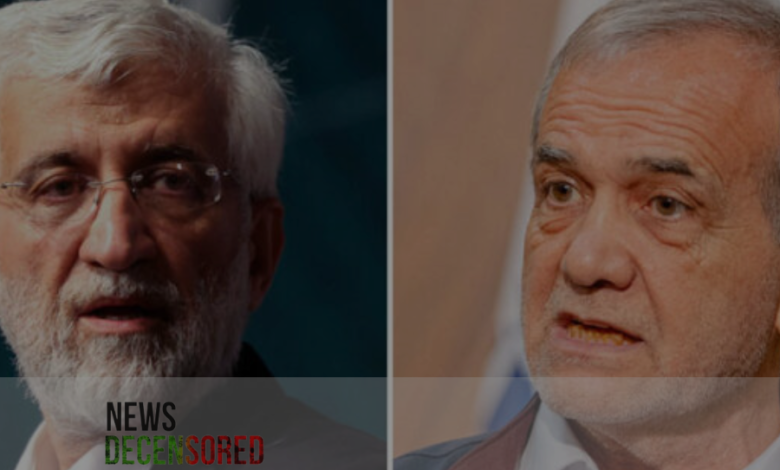
On a bright and busy morning, Iranians across the nation lined up at polling stations to cast a vote in the country’s critical presidential election runoff that will determine who will lead Iran in the next phase. This election, triggered by last week’s incontestable first round where no candidate could round up over 50% of the vote, has forced the top two contenders into yet another round of a statewide runoff.
Ebrahim Raisi, the head of the Iranian judiciary at the moment, is one of the few people highly endorsed by conservative camps. Engaged in strict action against corruption with his policies directly aligned to work with the incumbent Supreme Leader, Ayatollah Khamenei, Raisi is quite a powerful man with whom to carry on general reforms. He has gained popularity with his campaign promises that have left many in anticipation of the one-awaited answer to the economic hardships and national security.
A reformist candidate, Reza has the outstanding feature of having been the country’s vice president. He is for policies that are more moderately oriented and progressive. He hopes for a better relationship with other nations to spur economic growth. His vision for a more open and democratic society strongly appeals to younger people and those who yearn for change.
Determination, hope, and cautious optimism fill the air of polling stations. People vote to gain greater personal freedoms, improve international diplomacy, and be allowed greater participation in the political process. People vote for their concerns rooted in economic issues: economic distress, compounded by international sanctions and the global COVID-19 pandemic, has remained at the core of all problems and continues influencing voter sentiment significantly.
Reports are that voting is very steady; millions of voters are determined to practice their democratic rights even in the face of challenges. Long queues and alert participation underline the significance of the election in the most populous democracy, showing a public high in emotions for the future orientation of the country.
This ensures a free and peaceful voting process. Overall, security measures are heightened, and thousands of security officers are deployed throughout the country, mostly in major cities and potential flashpoints. Observers from a wide range of international organizations eyeing monitoring the election process want a transparent and just process.
This contest will, of course, decide the political course of Iran in handling critical issues: economic reformation, foreign policies, and home policies. The victory of Raisi will solidify the policies of conservatives—at best—or make it even more stringent in social regulations and strongly anti-Western. An Aref win will be symbolic of moderation and reform, with massive potential to alter the state of civil liberties and international affairs.
International Implications.
The international community watches with bated breath, knowing very well that the presidential election in Iran will have far-reaching implications. The relations with the West, especially as regards the 2015 nuclear deal, are still in the limelight. How the new president handles the negotiations is a game changer for the Iranian economic and diplomatic trajectory.
Conclusion:
Voting that is opened finds a crucial Persian presidential runoff. In this runoff, there is a high stake as visions for the future of Iran diverge. It will not only define the future of Iran in domestic policy but, most importantly, how this republic will be viewed and construed in the world’s eyes. The world is watching the realization of the importance this single race will have on and in the Middle East.

